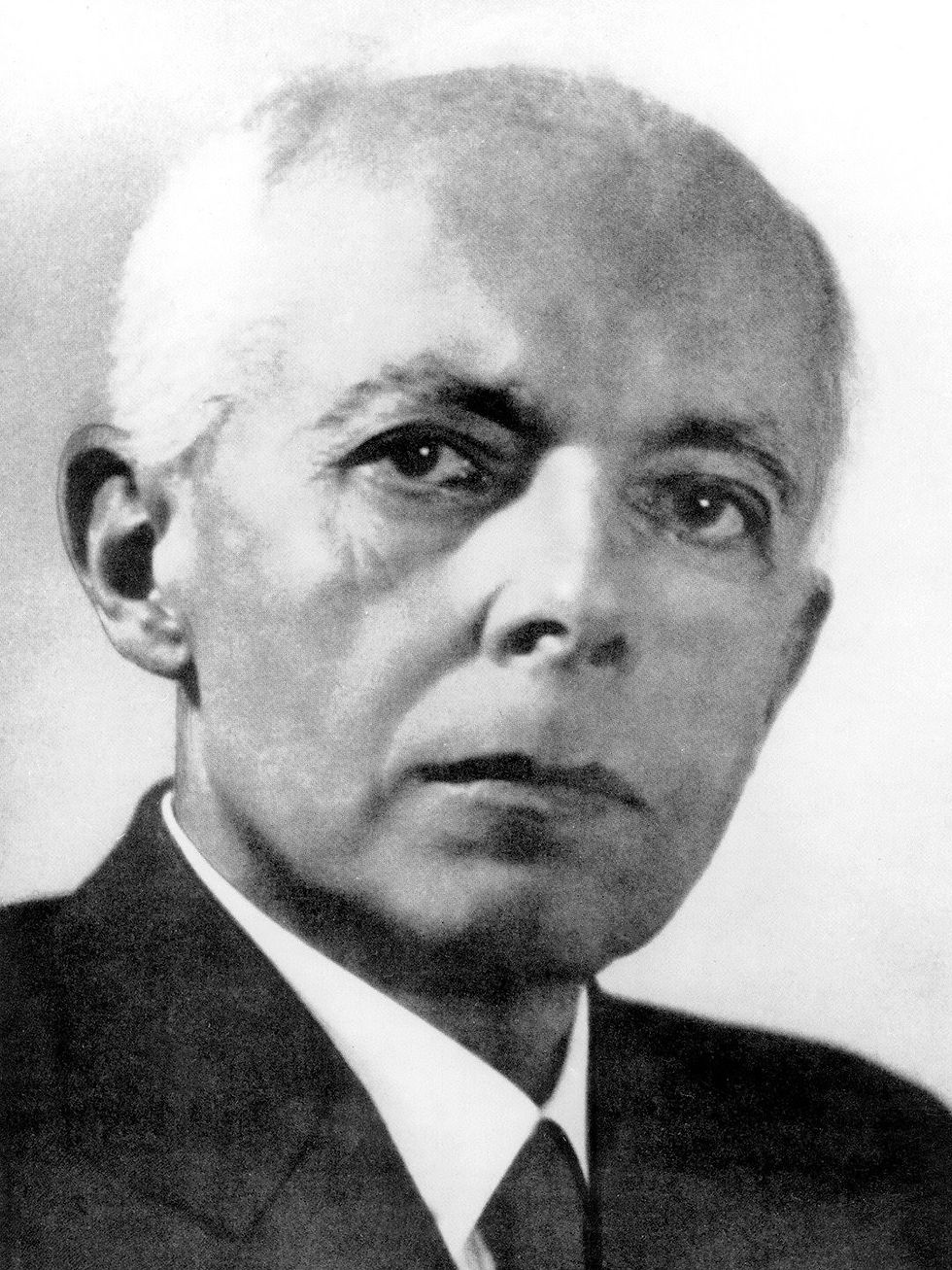Bartók Viola Concerto
- classical music
- Aug 5, 2023
- 2 min read
Updated: Nov 6, 2023
Viola Concerto Sz. 120, BB 12
Composer: Béla Bartók
Date of publication: 1945

After fleeing to America in 1940 amid the possibility of Nazis occupying his home country of Hungary, Bartok was commissioned by William Primrose, a Scottish violist, to write a viola concerto. At first, Bartok was hesitant — he had not written enough for the viola to understand what it could do, and so did not want to write a flawed concerto. The public was similarly skeptical, as at the time Bartok was still a largely unknown composer. To encourage him, Primrose sent a recording of himself performing the Walton Viola Concerto to Bartok, which persuaded Bartok to accept the commission.
Bartok and Primrose planned on meeting frequently to develop the piece, but unfortunately, Bartok's health and economic conditions deteriorated and he died before the concerto could be completed. However, his friend and fellow composer, Tiber Serly, put together the fragments of Bartok's concerto (a tough task, as there were hardly any indications for the orchestra and no page numbers) with Primrose's help. Bartok's finished concerto would finally be performed in 1949, conducted by Antal Dorati and played by Primrose. There have since been other renditions of the concerto, from people who thought that Serly did not piece together the concerto properly. These editions included Nelson Dellamaggiore's, Bartok's son Peter's, and Csaba Erdelyi's. In all renditions, the concerto has a tragic mood, with an opening melancholic motif that becomes more and more desperate and intense with each repetition, accompanied by pizzicato from the basses.
Fun fact: According to legend, Primrose commissioned the concerto because he felt that violas had no challenging repertoire at the time.
Movements:
I. Moderato
II. Andante religioso
III. Allegro Vivace


